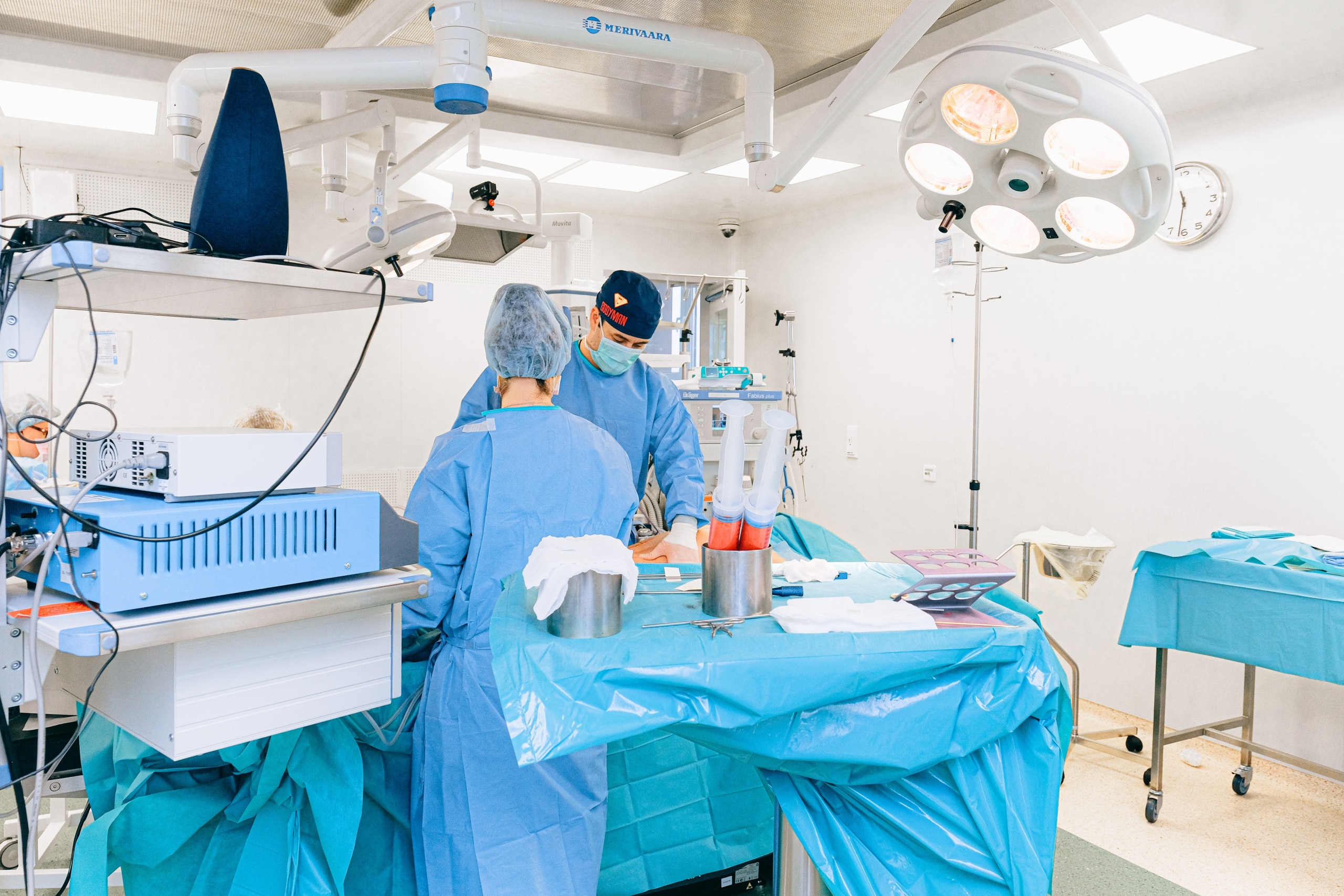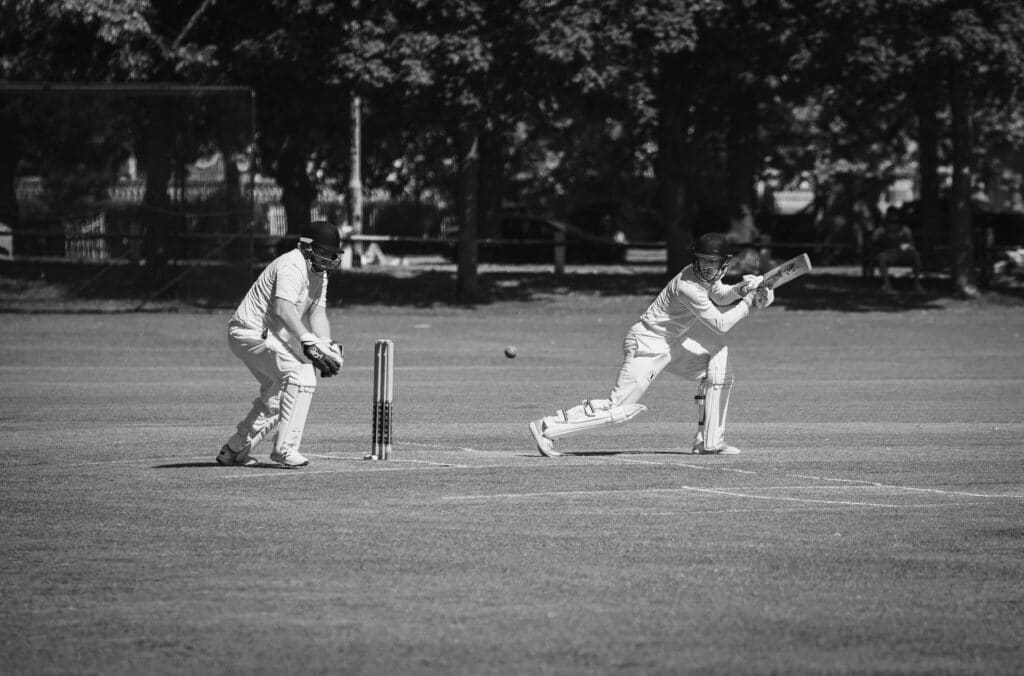Corona virus and elective surgery
What we’ll cover
Corona virus and elective surgery
As part of the government’s efforts to reduce the spread of corona virus, elective surgery was recently ceased. Elective surgery is non-urgent people choose or elect to have. This includes common surgeries such as cosmetic surgery, cataract surgery, hernia repairs and joint replacement or arthroscopic surgery. Whilst elective surgery has recently been re-instated, there are significant restrictions about what surgical procedures should be informed.
Our physiotherapist Jason Lee identifies what this could mean for your elective orthopaedic surgery such as a joint replacement or arthroscopic surgery.
What does this mean for you?
More than likely, it means that your surgery has either been delayed or postponed. However, this isn’t all bad news. In particular, a number of conditions in which orthopaedic surgery was considered, may find their condition improves if managed optimally.
As a result, now, more than ever before, it is important to be working with your multidisciplinary team. This will include liaising with your Specialist and General Practitioner regarding pain management and medication if appropriate. In conjunction, your physiotherapist is well placed to maintain and prevent further deterioration through an individualised and specific program.
However, we also know, that is poorly managed, delaying surgery can result in further increase in symptoms such as pain, weakness and stiffness.
What can I do whilst I wait for surgery?
There is a plenty to do for those that are waiting for surgery. Exercise and physiotherapy has always played a critical role following surgery. However, it has been shown that specific exercises and physiotherapy prior to surgery can significantly improve outcomes following surgery and in some cases prevent the need for surgery.
Prior to surgery, it is commonly recommended to undertake a prehabilitation program by your physiotherapist. The aim of these exercises are designed to maintain and improve joint mobility and reduce pain without exacerbating or causing further deterioration to the joint. A holistic program aiming to improve overall health, in particular cardiovascular fitness is critical to reduce recovery time following surgery.
If your surgery has been delayed or postponed, it is critical to continue with your prehabilitation program as prescribed by your physiotherapist. Perhaps you hadn’t been compliant with your prehabilitation, delaying your surgery actually allows you time to thoroughly complete your prehabilitation program.
In fact, in some cases, we have found that completing thorough prehabilitation not only improves recovery times but in some cases has actually prevented the need for surgery.
Our team at Malvern East Physiotherapy work closely with a number of specialists to develop prehabiltiation programs inline with their surgical procedures and protocols. If you were scheduled or were considering elective surgery prior to this pandemic, we would encourage you to discuss your case with your specialist and physiotherapist.
How do I get started with prehabilitation?
If you are not sure where to start, the team at Malvern East Physiotherapy have a range of onsite and offline prehabilitation and exercises services to assist with your osteoarthritis. Our onsite rehabilitative gym allows you to complete specific exercises under the guidance of your physiotherapist.
Unlike other generic exercise programs, your surgery is unique and as such, our physiotherapists are able to thoroughly assess your strength and develop an individualised strengthening program. Importantly, our team have extensive experience with a range of pre and post-operative requirements for orthopaedic surgeries such as joint replacements, joint reconstruction or arthroscopic surgery.
If you were due to have elective orthopaedic surgery or have booked in upcoming orthopaedic surgery, call our team today or book online.


